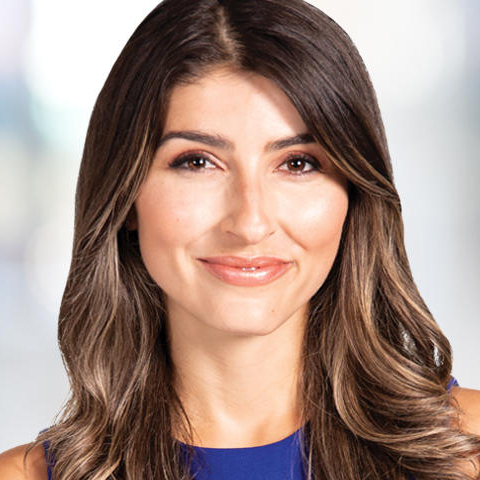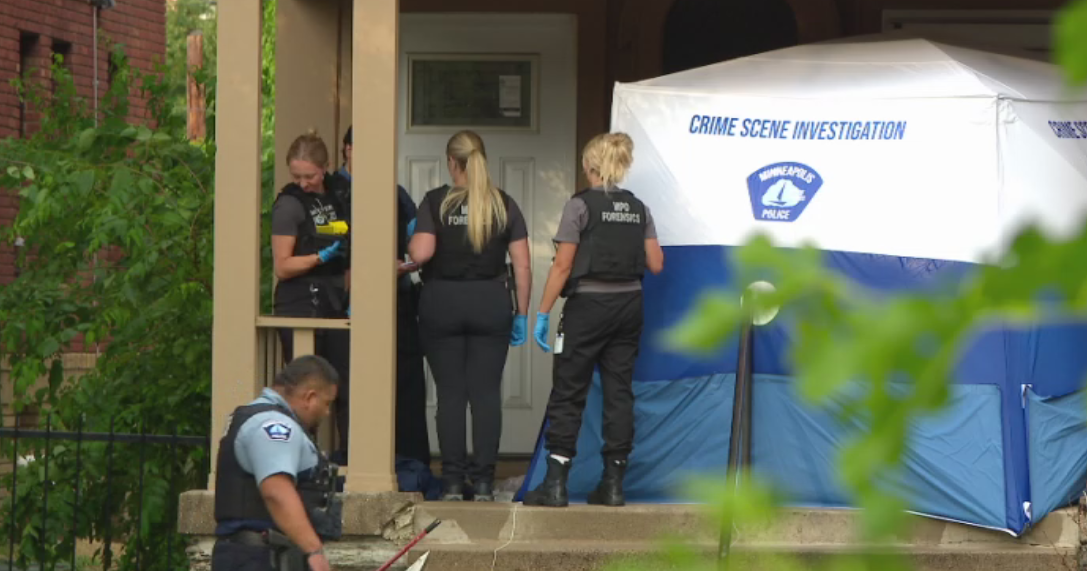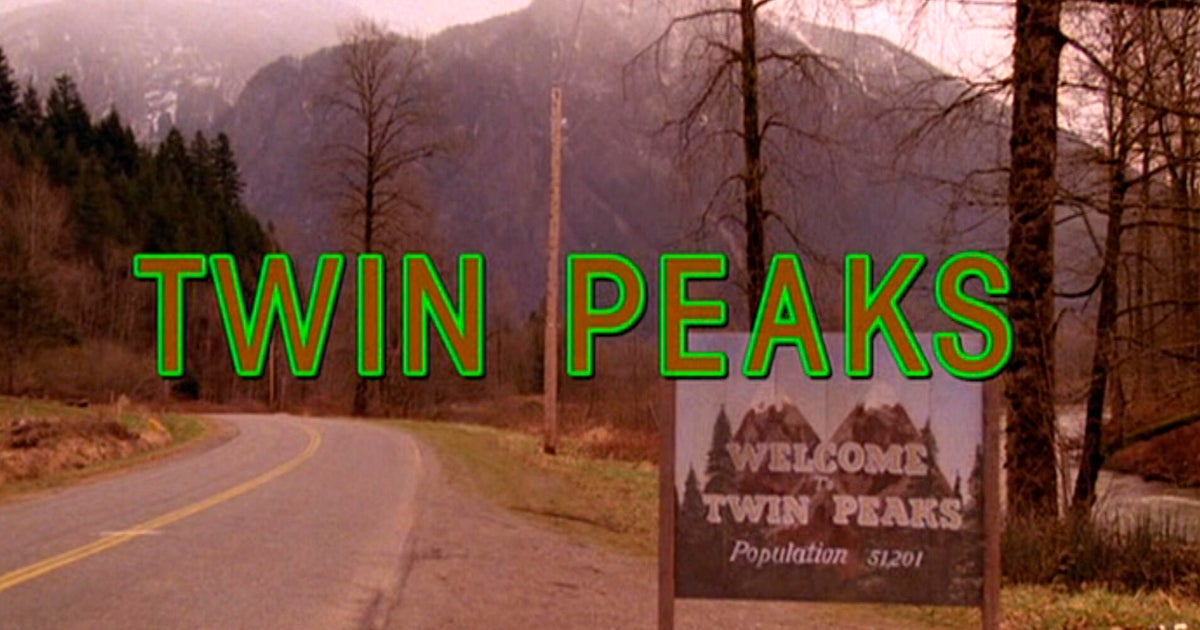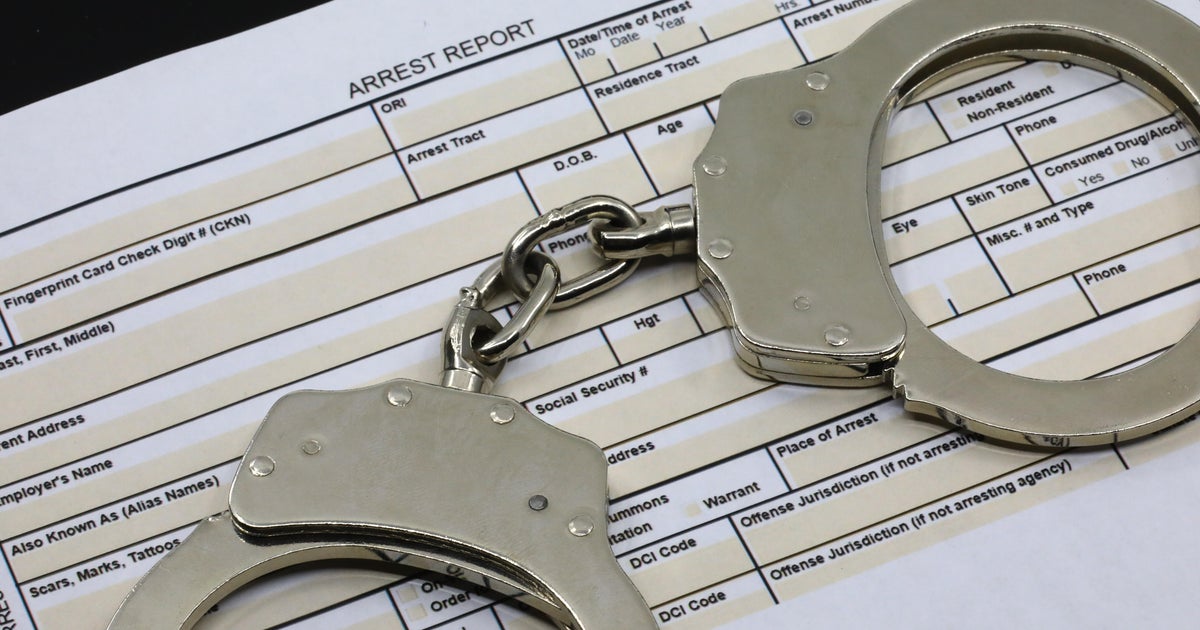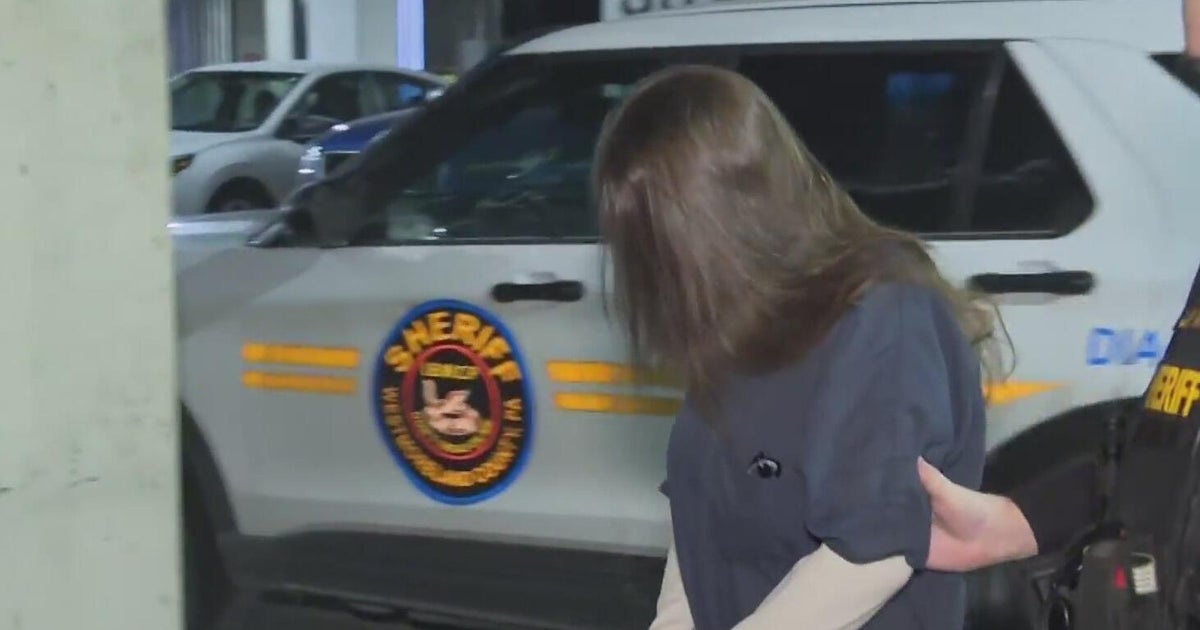Amanda Knox says her mission is to advocate for the wrongfully convicted
MINNEAPOLIS — Amanda Knox, the American student who spent nearly four years in an Italian prison for a murder she didn't commit, is once again making headlines. This summer, she was re-convicted of slander for wrongfully accusing a man of killing her roommate. She had already served enough time to satisfy that sentence.
These days, the best-selling author, podcaster, advocate and mother is living in a quiet corner of Washington, but she's not remaining silent, and is instead using her voice to advocate for the wrongfully convicted still behind bars.
WCCO sat down with her ahead of her speech this week at a benefit for the Great North Innocence Project in Minneapolis. Here are excerpts from that interview.
Erin Hassanzadeh: How have you been? How is life for you these days?
Amanda Knox: Oh, man, I'm a young mom, so you can imagine not a lot of sleep, a lot of cuddles. And I'm feeling really fortunate because, you know, back when I was on trial and in prison and everything, that was one of the hardest things to wrap my mind around was the idea that I might not ever get to be a mom.
Hassanzadeh: You have in-laws now, new neighbors that you'll meet, or parents of your kids, friends and all of those people probably know something about you, or have a preconceived idea of who you are, or at least some details they've heard along the way. What is it like living that way?
Knox: I have had to adapt to the fact that the worst experience of my life is probably the first thing people ever know about me, and the difficulty of that doesn't go away. And I was very lonely for a really long time because it made me feel like there was this huge distance between me and the rest of humanity. And what changed that was actually going to my first ever Innocence Network event where I met other wrongly convicted people, and I finally grasped like, "Oh my god, this isn't just a personal tragedy for me, it is a societal tragedy for so many people."
Hassanzadeh: What have you learned about wrongful convictions in America?
Knox: Well, first of all, they typically do not resolve themselves in four or eight years like mine did. Typically, the person who was wrongly convicted here in the United States spends at least 14 years in prison, if not more typically, they do not look like someone like me. Anyone can be wrongly convicted, anyone can be wrongly accused. But typically you're going to see men, and men (who are) minorities, men who have mental illness, these are people who are being targeted and who find themselves in positions of not being able to defend themselves properly. And I've met exonerees from all around the world, and there's an immediate understanding of "I see you and I know and you don't have to explain a thing to me."
Hassanzadeh: Can I ask you, as an exoneree yourself, when that moment of relief came for you, what did that feel like?
Knox: I just immediately called Raffaele [Sollecito], who was on trial alongside me, and I just jumped up and down, and was like, 'We're free.' Like the feeling of no longer being hunted down was ... I felt I was on the moon. I was just jumping.
Hassanzadeh: You haven't shied away from your past, and I'm sure that there were moments where you're tempted to just quietly fade into the background, because that was a choice I'm sure you had, but instead, you've leaned in and leaned into this advocacy work. Why do that?
Knox: When I wake up today and I look at everything that I have, everything that's been given to me, whether I ask for it or not, I ask myself what is the best thing that I can do with this? And I believe that leaning into being Amanda Knox is ultimately doing good for the world in a way that hiding and changing my name and pretending to be someone else that this didn't happen to wouldn't.
